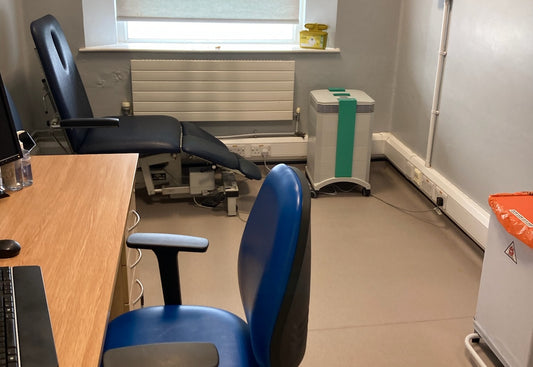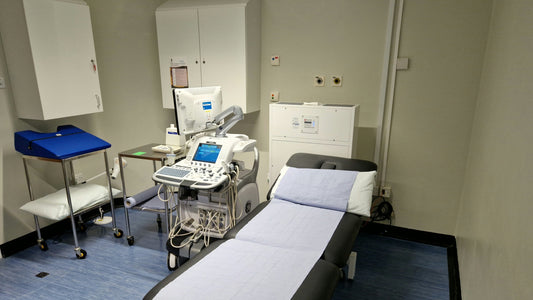Infection control in care homes is important because people are living in close proximity within a care home and there are also many people (staff, visitors) coming and going from outside. Care home residents are usually elderly and frail, both of which can undermine immunity. An infection which a young person can easily throw off may take hold in an older person.
The two types of infection that are most common in care homes are respiratory tract infections and gastrointestinal infections. These may be either viral or bacterial. Among respiratory tract infections, most of common pathogens found in the care home environment are:
- Respiratory syncytial virus
- Parainfluenza virus
- Rhinovirus
- Streptococcus pneumonia
- Haemophilus influenza
- Chlamydia pneumonia
- Human metapneumovirus (hMPV)
- Coronavirus OC43
- Bordetella pertussis
We know that there are four main ways in which these respiratory infections are transmitted from an infected person.
1. Airborne transmission via droplets. Coughing, sneezing, or even just talking may generate droplets more than 5 microns in size. These may lead to infection if the droplets come into contact with the eyes or nose of a vulnerable person (i.e., a care home resident). These droplets are relatively large and do not stay airborne for more than about one metre before they settle on a surface.
2. Aerosol transmission. This is essential for airborne infection control, as airborne transmission takes place when droplets less than 5 microns in size are created and remain suspended in the air. This can sometimes occur during medical procedures, such as putting in a feeding tube or a catheter or chest physiotherapy for lung conditions. These droplets can be dispersed widely by air currents, because they are so light, and cause infection by inhalation.
3. Direct contact. This occurs during skin-to-skin or oral contact. Organisms may be passed directly to the hands of a vulnerable individual who then transfers the organisms into their nose, mouth or eyes if they touch their face.
4. Indirect contact transmission. This will occur if a vulnerable individual touches a contaminated surface or object and then transfers the organisms to their mouth, nose or eyes.
Meanwhile, gastrointestinal infections are usually characterised by diarrhoea and vomiting. Pathogens, including the notorious Clostridium difficile (C.diff) and the highly contagious norovirus, can be spread through the care home as follows:
- Through food, hand to mouth
- person to person (directly or indirectly)
- airborne, by droplet or aerosol
We also know that gastrointestinal viruses can be spread by:
- Direct or indirect contact with vomit or diarrhoea from an infected person.
- Eating food that has been contaminated with the virus from an infected person through food preparation e.g. salads, fruit, sandwiches.
- Eating food that has been contaminated at source e.g. shellfish, oysters (which feed in faecally contaminated water).
- Items (e.g. equipment, toys) and environmental surfaces (e.g. toilet handles, furniture) that have been contaminated with the virus.
- Breathing in and then ingesting (swallowing) the air around someone who has the virus and has vomited.
The spread of infection in a care home can be prevented in a number of ways.
- Meticulous hand hygiene is essential, of course, and there should be a strong culture of hand-washing in the home that includes any visitors.
- Deep and thorough cleaning of all surfaces and equipment is essential as is detailed attention to food hygiene.
- People known to be infected should be isolated as far as possible.
- Use of the appropriate care home air cleaning solutions is an essential defence. They will capture bacteria and virus as well as all other particle and gas pollutants.
- Outbreaks (defined as two or more people with the same infection) should be reported to the local unit of the Health Protection Agency who will advise on how to contain the outbreak. They also record outbreaks and produce regular reports.
To speak to an expert about infection control in care homes and to provide an even greater level of protection for your residents, contact Commercial Air Filtration's expert Care Home team on 020 3176 0524, or email us now.




